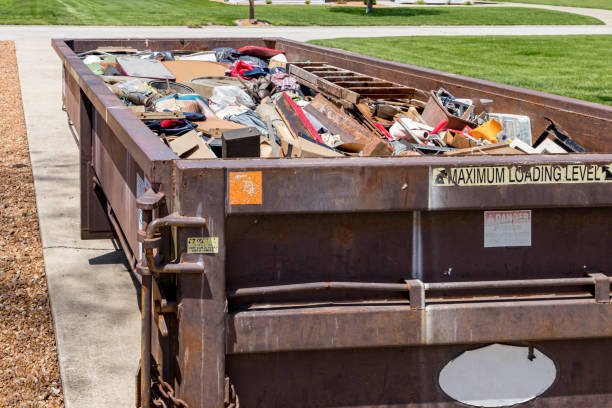Before You Insure: 7 Key Considerations for Buying Home Insurance
Owning a home is a significant investment, and protecting it against unforeseen circumstances is crucial. Home insurance serves as a safety net, offering financial security when unexpected events like natural disasters, theft, or accidents occur. But before you dive into purchasing a policy, it’s essential to consider several factors to ensure you get the right coverage for your needs.
Here are seven crucial aspects to ponder before investing in home insurance.
Assess Your Home’s Value and Contents
Before buying a home insurance policy, evaluate your home’s value accurately. Consider the cost of rebuilding your home in case of damage or destruction. Take inventory of your belongings to estimate the value of your personal property. Knowing these values will help determine the appropriate coverage limits for your policy.
Understand Different Coverage Types
Some home insurance kingston policies offer various types of coverage, each addressing different risks and scenarios. Common types include dwelling coverage (for the physical structure of your home), personal property coverage (for belongings), liability coverage (for accidents on your property), and additional living expenses coverage (for temporary housing if your home becomes uninhabitable). Understand what each type covers and select a policy that suits your needs.
Evaluate Exclusions and Limitations
Not all events are covered under a standard home insurance policy. Review the policy’s exclusions and limitations to understand what situations or damages might not be covered. Additionally, pay attention to any specific limitations on high-value items such as jewellery, art, or collectibles. Consider additional coverage or riders for items not adequately covered under the standard policy.
Research Deductibles and Premiums
Deductibles and premiums play a significant role in determining the cost and coverage of your policy. The deductible is the amount you’re responsible for paying before insurance kicks in.
A higher deductible often means lower premiums but a higher out-of-pocket expense in case of a claim. Compare different deductibles and premiums to find a balance that fits your budget while offering adequate coverage.
Know Your Insurer’s Reputation and Customer Service
Research the reputation and customer service of insurance companies you’re considering. Look for reviews, ratings, and testimonials from other policyholders.
A reputable insurer with a history of good customer service is crucial for a smooth claims process and reliable assistance when needed. Additionally, inquire about the company’s financial stability to ensure they can fulfil claims in case of emergencies.
Consider Home Insurance and Public Adjuster
Explore the option of hiring a home insurance and public adjuster. These professionals are independent experts who can help navigate the complexities of insurance claims.
They advocate for policyholders during the claims process, ensuring fair settlements and maximizing your benefits. Consulting with a public adjuster pa can be especially helpful in complex or disputed claims situations.
Review Policy Details Carefully
Before finalizing your home insurance purchase, carefully review the policy documents. Pay attention to coverage details, policy limits, exclusions, deductibles, and any additional endorsements or riders.
Ensure that the policy reflects the coverage you discussed with your insurer and meets your specific requirements.









